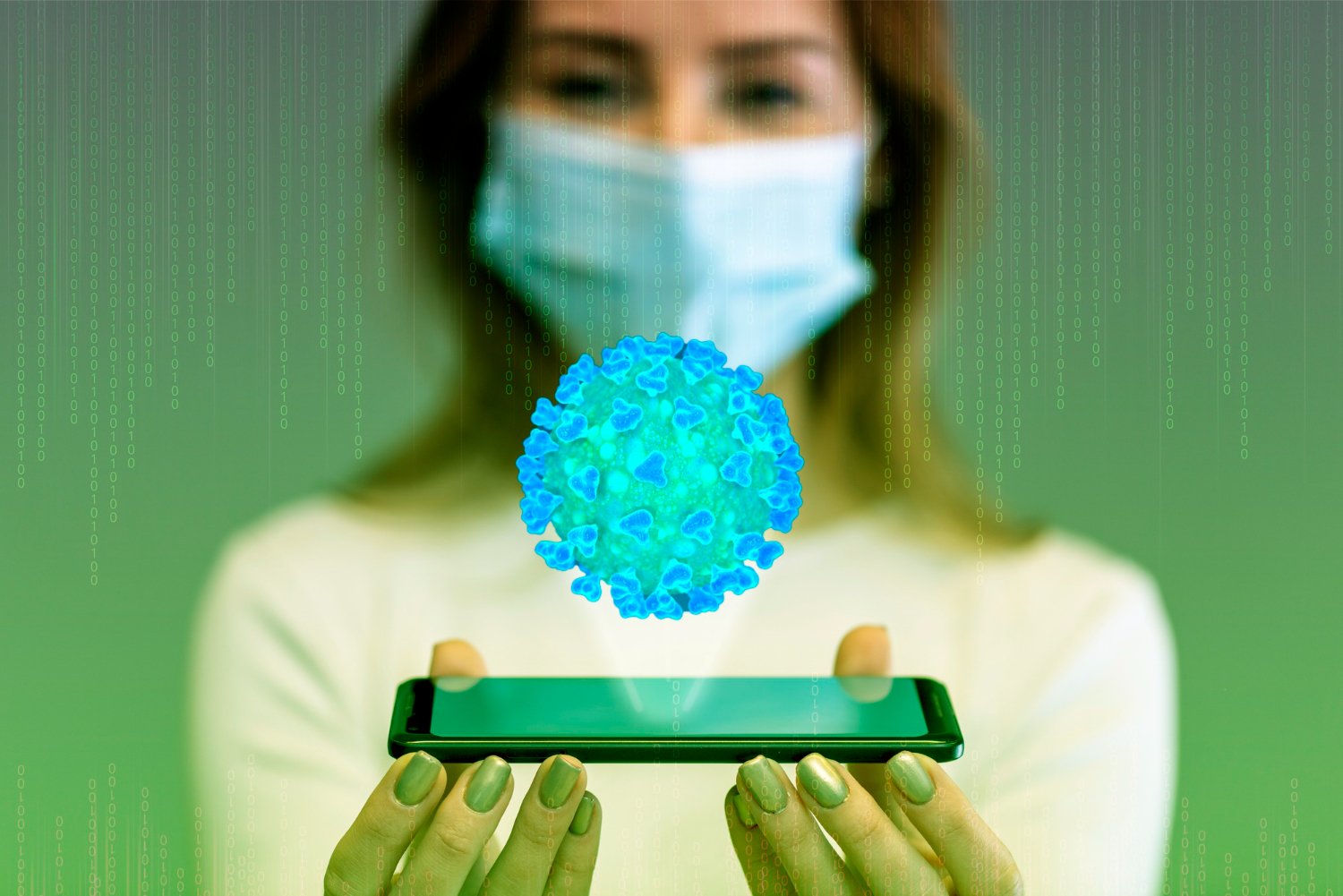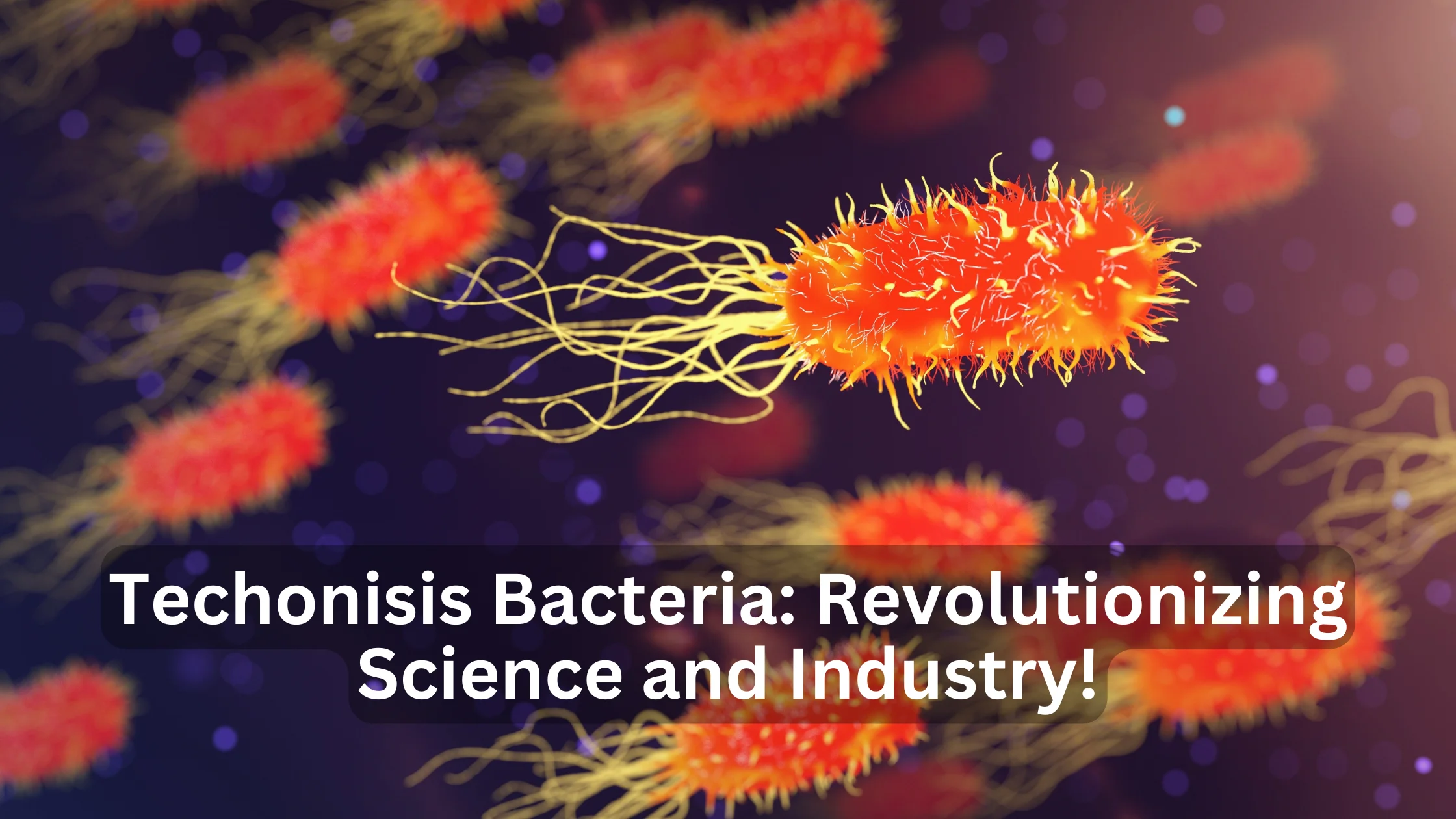In today’s science and technology landscape, new terms and concepts are flying everywhere, yet they help us reinven sensations into innovation possibilities. One of these was techonisis bacteria. The term is futuristic sounding, but brings together some really cool tech and microbiology. While science experiments with living organisms in technological applications, researchers are on the cusp of visionary breakthroughs in such areas as environmental science, energy production, medicine and biotechnology if they continue their work with Techonisis bacteria.
Here, we dive into what Techonisis bacteria are, list some of their unique characteristics, and discuss how we can apply them to various industries. Additionally, the blog will look at the ethical questions and the consequences of using bacteria in new technology.
Defining Techonisis Bacteria
These Techonisis bacteria are able to perform specialized functions that trump or augment technology processes in a particular way. Fusacc, the name, derives from the fusion of the word Tech meaning technology, and Onisis a fictional word that suggests a transformative state. These bacteria are critical to several emerging technologies, from producing sustainable energy to identifying toxic chemicals in the environment. But the ability to survive extremes, to execute complex biochemical processes, makes them invaluable for a host of applications.
The Science Behind Techonisis Bacteria
They are Techonisis bacteria which at their core use advanced metabolic processes and unique biochemical pathways to perform tasks that are impossible using conventional technology. Additionally, Techonisis bacteria typically exhibit bioelectric properties, i.e. produce or control electrical signals. In bioelectronics and environmental monitoring, such a characteristic is essential.
Applications in Environmental Sustainability
Environmental sustainability is one of the most promising applications of techonisis bacteria. As pollution and climate change become greater concerns, scientists are looking at how to use the power of these tiny creatures to meet ecological challenges. Certain trains of the Techonisis bacteria breaks down the organic waste and contaminant of the water. Traditional wastewater treatment methods are very costly and energy intensive, this application reduces the costs and energy requirements of this by several magnitudes. Some Techonisis bacteria can actually capture atmospheric carbon dioxide and convert it to stable compounds. However, this natural process represents a sustainable means by which to mitigate greenhouse gas emissions.
Energy Generation and Storage
Bacteria Techonisis have the potential to revolutionize the energy sector. Their ability to manufacture and store energy biochemically is opening up new possibilities in sustainable power generation. A Microbial fuel cells or MFC are that convert organic matter into electricity using Techonosis bacteria. Remote power generation and low energy electronic device applications are possible with these systems.
Biobatteries:
Techonisis bacteria are being used to power biobatteries being developed by researchers. The eco friendly alternative to the conventional batteries these batteries could power a small electronic devices or sensors.
Healthcare Innovations
Advancements of Techonisis bacteria will greatly benefit the healthcare industry. These microorganisms are taking us toward novel medical solutions, from diagnostics to therapeutics. The human body holds the right triggers to provoke the programmed release of therapeutic compounds from Smart Drug Delivery System engineered Techonisis bacteria. Using this method avoids side effects and permits targeted and controlled drug delivery.
Some Techonis bacterai fluoresce when they come in contact with a pathogen, allowing infection detection early. The capability of this technique to improve diagnostic accuracy and speed cannot be ignored. Some strains of Techonisis bacteria generate antimicrobial compounds that help lesions heal faster and reduce infection.
Industrial Biotechnology
Techonisis bacteria are being used in industrial sector for other industrial processes. Alternatively, these microorganisms provide a sustainable alternative to common chemical synthesis methods. Technisumi Production bacteria is used to produce biodegradable plastics which minimizes dependence on petroleum based materials.
Biofabrication of materials with unique properties such as self healing coatings, and flexible electronics is being explored by Technisis bacteria researchers in biofabrication processes. Textile Innovation Techonisis use bacteria to create eco-friendly dyes and materials to reduce environmental impact of the textile industry.
Ethical and Safety Considerations
Like anything new and innovative, the use of these bacteria raises questions with regard to both safety and ethics. Responsible development and deployment need to resolve these issues. Biosecurity Risks The possibility of unintended consequences, such as the escape of engineered bacteria into natural ecosystems, poses a significant risk.
The problem relating to the manipulation of living organisms for technological purposes raises ethical questions about the boundaries of scientific intervention. It is important to have these discussions transparently, against a regulatory framework. Trusting people comes down to education and open communication.
Future Prospects and Innovations
The possibilities for the future of Techonisis bacteria are endless. It’s because as the research continues to develop we are expecting more exceptional applications and solutions. Combining Tecchnosis bacteria with artificial intelligence could one day introduce the idea of smart self regulating systems throughout applications such as environmental monitoring, factories and the health industry.
Extraterrestrial environments The resilience of this bacteria makes them candidates for use in extraterrestrial environments. On long duration space missions they could play a part in life support systems, and waste recycling. The Advancements in synthetic biology may be able to make it possible to create Techonisis bacteria specific for the individual patients and remarkably personalized therapeutic approaches. Emerging research indicates that bacteria networks can function as dynamic biosensors for a large scale environmental monitoring system.
Conclusion
Techonisis bacteria are a remarkable convergence of biology and technology that will transform science and help solve some of the world’s biggest problems. These microorganisms are extending the limits of a more sustainable and innovative future from environmental sustainability and energy generation to healthcare and industrial applications. But this journey to the world of hyper improvements must be guided by responsible and ethical development so that the society realizes the maximum benefit from this outstanding breakthrough.











